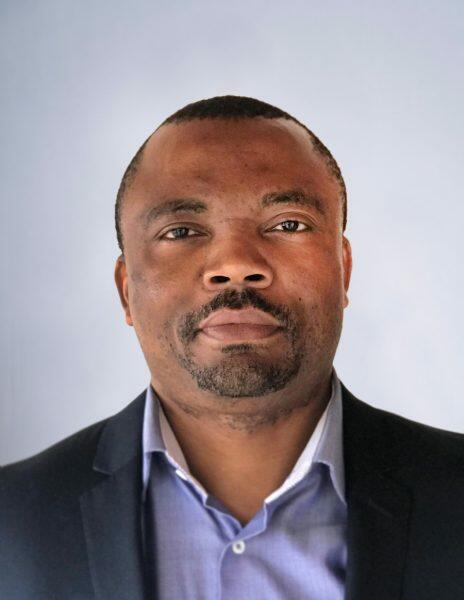
Support a single research fellow and you may be having a bigger impact that you can imagine, says Charles Wondji, Professor of Vector Biology and Genetics at LSTM and Executive Director of the Centre for Research in Infectious Diseases in Cameroon.
You may have seen in the news that a malaria vaccine has been developed. This is tremendous news for the tens of thousands of people, particularly children, who live in Africa and die from the disease every year. However, it is only one strand of our global battle against malaria, and other protective measures, such as bed nets, are still vital. We should also remember that mosquitoes – the insects that carry malaria – transmit other deadly diseases as well, such as dengue fever and lymphatic filariasis, which together kill and disable millions of people each year. This is where my work comes in.
My main research interest is understanding of the biology, genetics and genomics of mosquitoes, primarily a species called Anopheles funestus. I am particularly interested in how these insects develop insecticide resistance – how they become immune to the chemicals we use on preventive tools like bed nets which save countless lives across Africa each year. If we know what is causing resistance we can reduce its impact, so my team is working to detect the molecular markers which indicate resistance in mosquitoes. By understanding these molecular drivers we can help mosquito control programmes to anticipate increases in disease transmission and to even change from an ineffective bed net to an effective alternative.
Recently we have noticed that mosquitoes have actually increased in their capacity to resist insecticides, something we call resistance escalation or exacerbation. It is important that we find out what makes them super resistance and quickly meet the challenge.
Working in the field
Since 2015, part of my lab has been based in Cameroon which gives me a lot of flexibility. I’m part of Liverpool School of Tropical Medicine and take advantage of the much-appreciated technical platform at LSTM, but also in the field where the problems are greatest and I can deliver on my key questions. This move has been a tremendous career step and has been made possible through a Wellcome Trust Senior Fellowship. This is actually the third fellowship of my career – I was also the recipient of an RCDF Fellowship in 2008 and a Wellcome Trust Senior Fellowship in 2013. Each has provided the knowledge and skills foundation for the next and supported me in my research vision.
My first fellowship basically allowed me to become an independent researcher – to set up my own lab, to recruit staff and to pursue my own research questions – and with each I have acquired new skills and developed new insights to address key research questions. Fellowships have also given me the opportunity to supervise PhD students, convene modules at LSTM, and to sponsor many other research fellows. It is great to be able to support and mentor others, to share with them my experience. And moving to Cameroon has accelerated the mentoring process because I'm able to work directly with more junior scientists in the field.
And of course, the fellowships have had an impact on the ground too. We have been successful in elucidating the major route of resistance that we called metabolic resistance – mosquitoes’ ability to produce enzymes to break down insecticides. For the first time we have not only detected the genes driving this resistance but also designed DNA-based diagnostic tools which are enabling control programmes to track the spread of resistance in the field far more easily than was possible before. Unfortunately, mosquito populations across Africa don't all use the same resistance tools, so we are currently working to produce a comprehensive list of genes and variants that will be used to ensure that we can detect any type of resistance mechanism.
The impact of a fellowship
As a certain supermarket says ‘every little helps’, and I think if we are to reduce the burden of infectious diseases like malaria we need every contribution. I have seen that investing in a single person through a fellowship can have a massive impact. Many scientists benefit in terms of capacity building, but there is also real change on the ground – lives saved - and that started just because one person was funded for a fellowship.